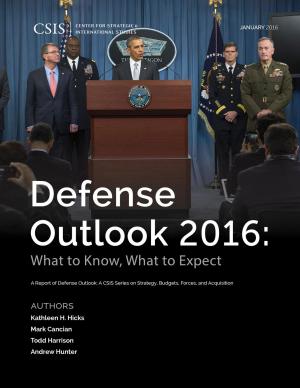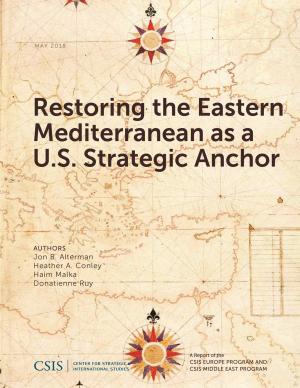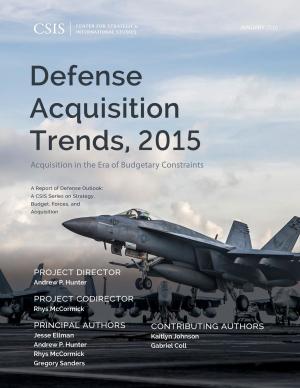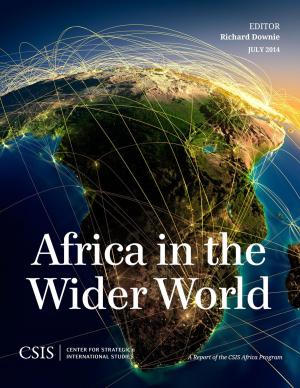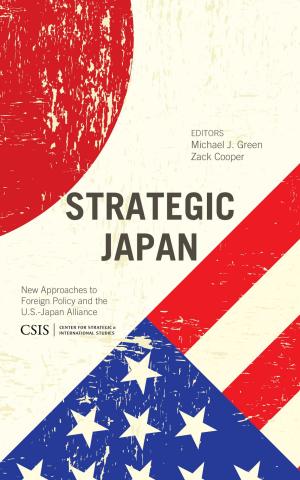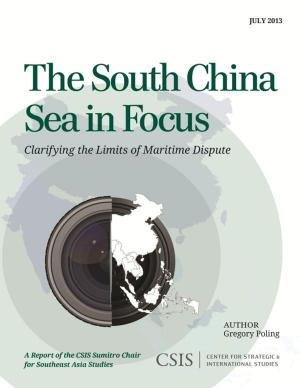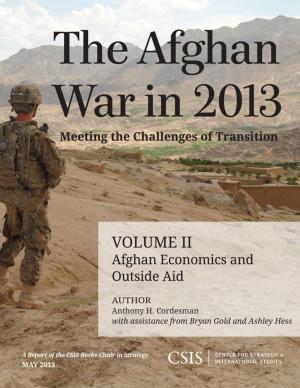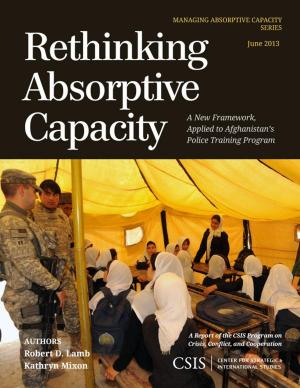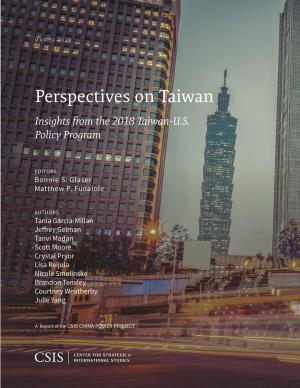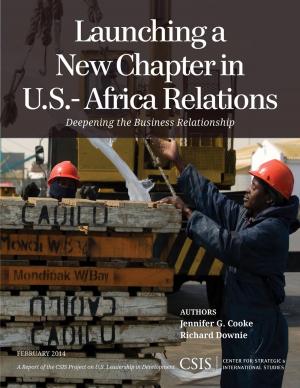Thinking about the Unthinkable in a Highly Proliferated World
Nonfiction, Social & Cultural Studies, Political Science, Politics, Arms Control, International, International Security| Author: | Michael Dyer, Clark Murdock, Thomas Karako, Ian Williams | ISBN: | 9781442259706 |
| Publisher: | Center for Strategic & International Studies | Publication: | August 5, 2016 |
| Imprint: | Center for Strategic & International Studies | Language: | English |
| Author: | Michael Dyer, Clark Murdock, Thomas Karako, Ian Williams |
| ISBN: | 9781442259706 |
| Publisher: | Center for Strategic & International Studies |
| Publication: | August 5, 2016 |
| Imprint: | Center for Strategic & International Studies |
| Language: | English |
For decades, the United States has led the effort to stem the spread of nuclear weapons, both among potential adversaries and among its allies and partners. The current state of deterrence and of the nonproliferation regime, however, is open to many doubts. What happens if the nonproliferation regime should break down altogether? What happens if extended deterrence should fail, and allies no longer believe in the credibility of the U.S. nuclear umbrella? What happens when the world has not 9 but 11, 15, 18, or even more nuclear powers? This study explores how such a world might function and what it would mean for our present conceptions of deterrence, for the place of the United States in the international order, and for international order itself.
For decades, the United States has led the effort to stem the spread of nuclear weapons, both among potential adversaries and among its allies and partners. The current state of deterrence and of the nonproliferation regime, however, is open to many doubts. What happens if the nonproliferation regime should break down altogether? What happens if extended deterrence should fail, and allies no longer believe in the credibility of the U.S. nuclear umbrella? What happens when the world has not 9 but 11, 15, 18, or even more nuclear powers? This study explores how such a world might function and what it would mean for our present conceptions of deterrence, for the place of the United States in the international order, and for international order itself.

